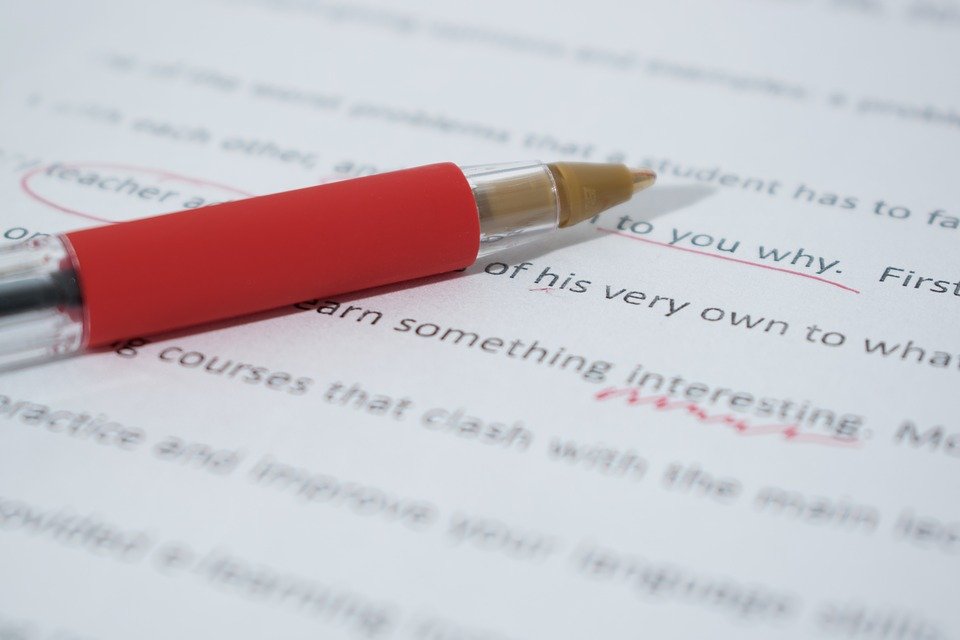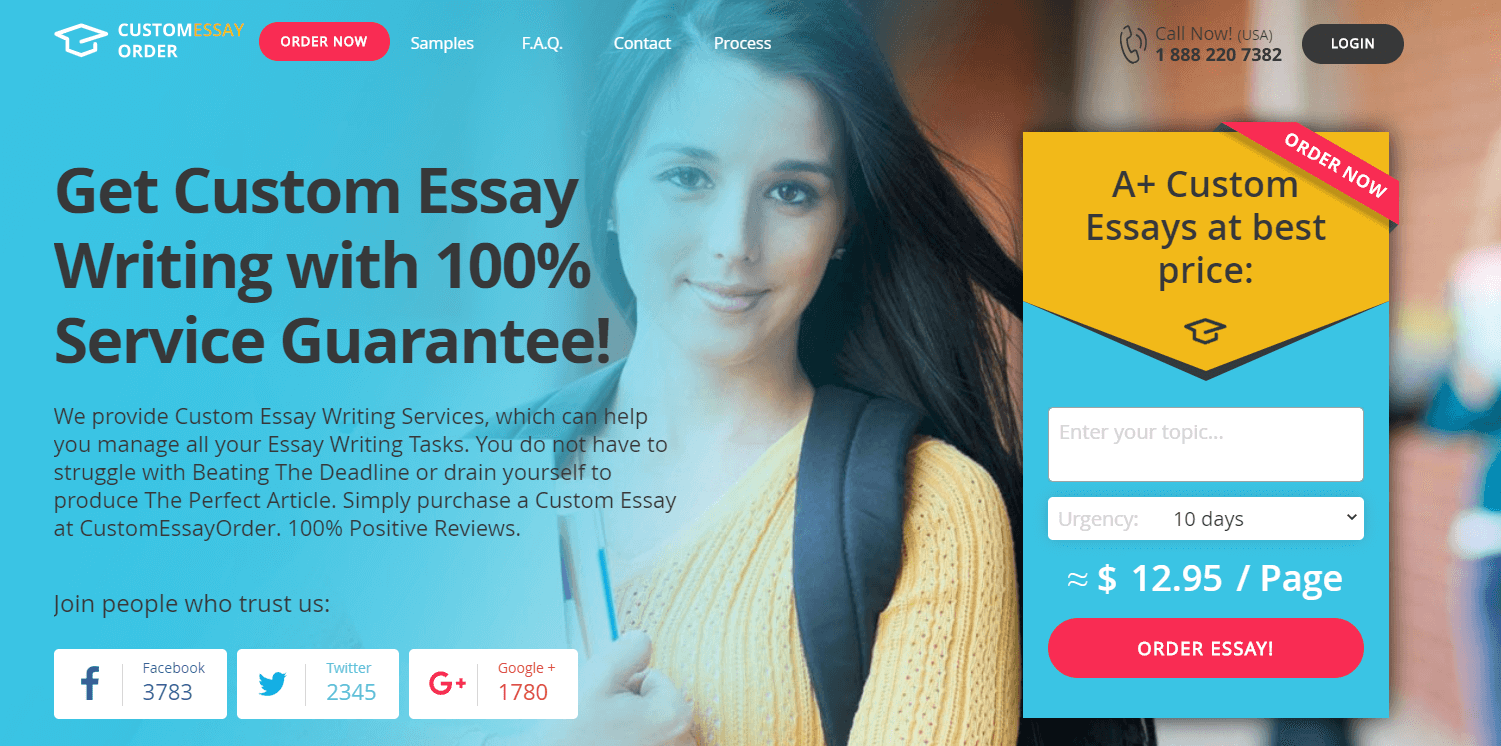Undeniably, essay writing is a difficult and tricky process to do. That’s the truth and no one should lie to you. Unfortunately, you will have to write essays every now and then during your college life. That’s also something you must be prepared for.
In fact, writing an essay does not only belong to students of particular fields but it applies to all fields in the academic sphere.
It’s not a secret but it tends to be difficult to express feelings on paper. Writing an effective essay requires one to have outstanding writing skills and enough time.
Well, when we say an effective essay, we mean an essay that is free from all types of errors.
6 Ways to Achieve an Essay Writing Task Successfully
Since it’s a must to write essays during your college life and there is no way out of it unless you get help from a paper writing service, read these six ways to achieve an essay writing task successfully.
1. Study and Plan
The first thing to do once you are assigned an essay question or task is to read and ensure you understand what you are required to write about and then plan on how to approach the writing process.
Failing to understand the question will lead to submitting an essay that does not answer the question and that can get you disappointing grades. For that reason, you must analyze and plan before you start writing.
2. Gather Relevant Information
Next, you need to gather and assess the usefulness of the information. Understanding the essay question will help you to know where you can get the information to write the actual essay.
To ensure the sources you are using are useful it must be:
- Current and up-to-date
- It must be relevant
- It must be suitable for your type of essay. The information you get must also be accurate and reliable.
3. Read and Write Down Key Points
Once you have collected your materials together, you need to start extracting the information you need from them. This depends on the information you are gathering. For instance, if you are reading a book, you can start by looking at the chapter titles to know which one will help you in your essay writing.
For a journal article, you would better off reading the abstract first so that you can know you should keep reading. After the abstract, you might want to read the introduction since that will help you get more of the argument.
4. Write your Essay
Up to this far, you have an awesome idea on how to go about answering your essay question. You might also want to revisit your plan so that you can update anything that might have changed during the research stage. Understand how you will structure your essay, bearing in mind that it needs to have an introduction, main body, and a concrete conclusion.
The introduction of your essay is meant to let the reader know how you are answering the essay question. The body is where ideas come in; the conclusion tells the reader the approach you have taken to answer the question.
5. Polish Your Essay and Submit
Writing an essay is important but polishing it is also crucial. You need to devote enough time to proofread your essay checking for spelling, grammar, word count, references, and citations.
Remember, you are required to submit an error-free essay. For that reason, you must read it several times and correct all sorts of errors.
Once you are satisfied that your essay is error-free and you have answered the question you can submit it.
6. Reflect
You need to constantly improve your essay writing skills. For that reason, you should reflect on how you wrote your essay. Reflect on how you approached it from the research to the writing stage.
Read also:




















